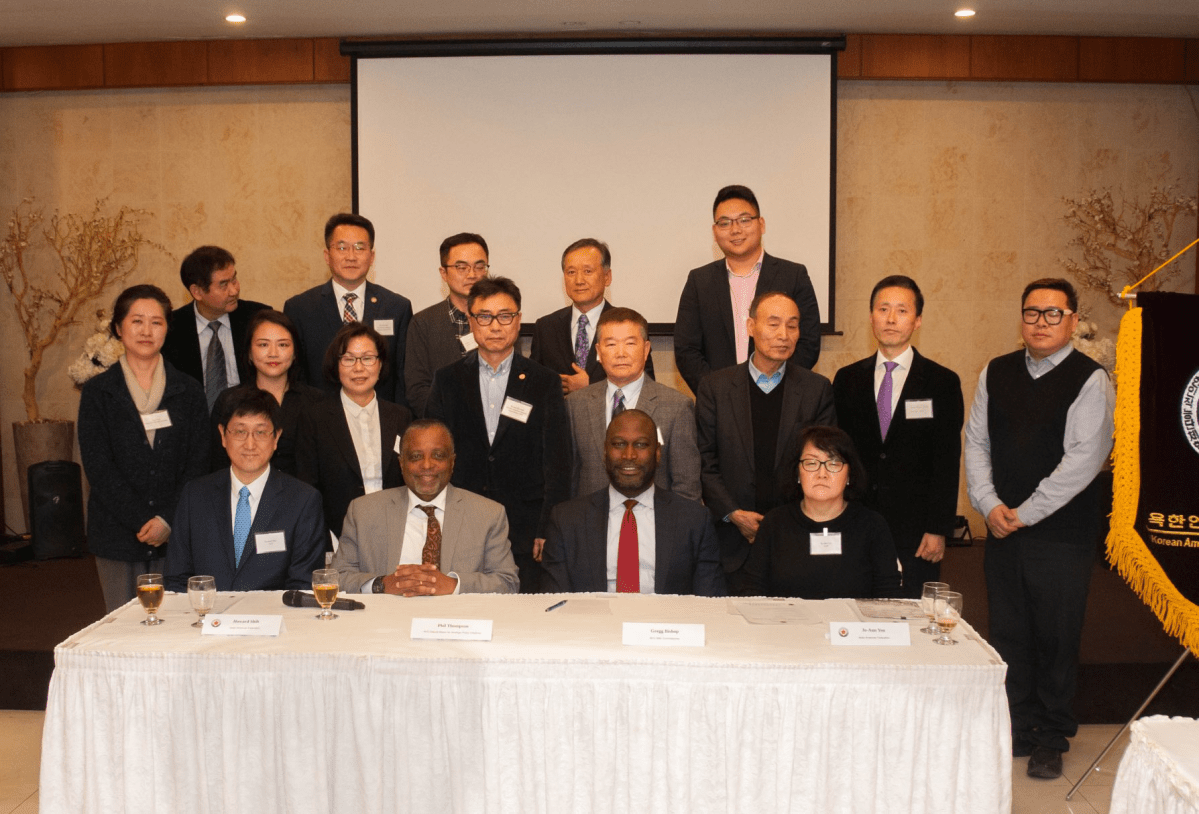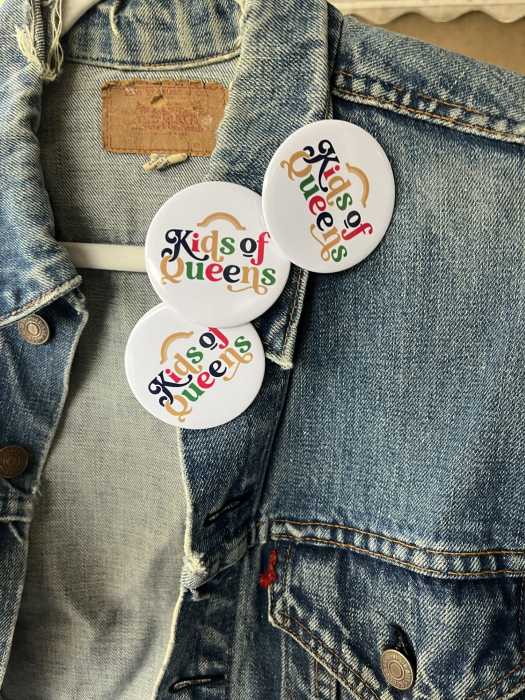The Asian American Federation (AAF), a nonprofit that represents and supports a network of nearly 70 Asian American community service organizations in New York City, launched an online survey on Tuesday to assess the economic impact of the COVID-19 pandemic on Asian small businesses in the city, as well as to understand their access to critical relief initiatives and information related to the pandemic.
AAF’s Small Business Program will conduct the survey with funding from the Surdna Foundation, a charitable organization that pursues a range of philanthropic purposes.
The funding will allow AAF to distribute micro-grants of $1,000 each to 100 eligible small business owners who participate in the survey. The grantees will be randomly selected and announced on July 31.
In addition to English, AAF’s COVID-19 Economic Impact Survey is being offered in seven of the most commonly used Asian languages in New York City and is accessible on their website, AAF COVID-19 Resource Center.
Small business owners must submit proof of business and provide basic information about their business to participate.
AAF plans to use the data and anecdotal accounts collected through the survey to build a database of information about pan-Asian small businesses.
The organization is hoping that the database will allow them to organize small business owners to advocate for a bigger voice in the post-pandemic policies and decisions that are being made at the city and state levels.
Asian-owned businesses are a vibrant and critical part of New York City’s economy, accounting for about half of net new economic activity and half of net new employment from 2002-2012 in New York City, according to AAF’s 2016 report, “NYC’s Economic Engine: Contributions & Challenges of Asian Small Businesses.”
Ahyoung Kim, AAF’s small business manager, said Asian small business owners have not benefited from government-provided assistance due to language and cultural barriers and the lack of adequate engagement from city agencies.
“Asian small business owners have seen their businesses decline sharply from as early as January this year,” Kim said. “We hope these micro-grants will be of help to those in dire need for cash, and that the data we collect through this initiative will serve as a foundation for policy makers and advocates alike to understand what our community needs to thrive.”




































